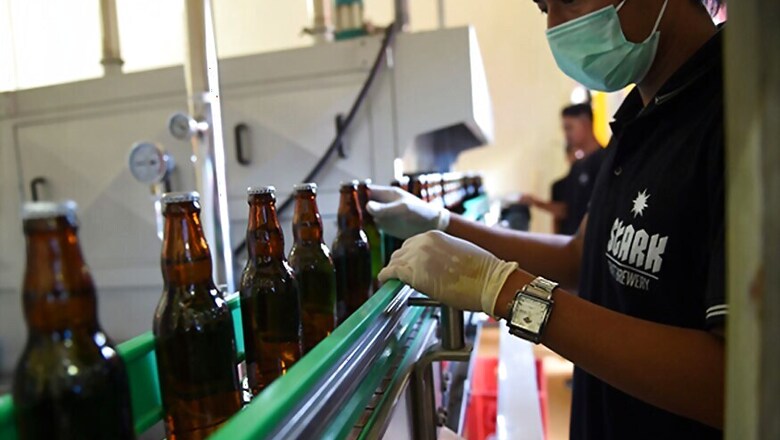
views
Defying an escalating anti-alcohol movement and conservative bureaucrats in the world's most populous Muslim-majority country, Indonesia's only craft brewer is tapping into demand for better quality booze among the country's small number of drinkers.
Despite the fact about 90 percent of Indonesia's population is Muslim, and in theory banned from drinking, most practise a moderate form of Islam and alcohol is available in cities and holiday destinations, with local brewers producing mostly Pilsner lagers.
Unimpressed by the generic, mass-produced drinks on offer, local businessman Bona Budhisurya and his brother-in-law Jacob Suryanata decided to come up with an alternative, and in 2011 introduced Stark craft beer with a wheat and dark wheat variety.
"We had been abroad and drank a lot of good quality beer," said Budhisurya, a member of Indonesia's Christian and ethnic Chinese minorities, adding that on his return to Indonesia he found that "there was no quality beer here".
By producing such brews -- generally defined as beverages created in small, independent breweries -- they have made Indonesia an unlikely new addition to the global craft beer revolution.
The trend has seen micro-breweries spring up worldwide as consumers sick of flat, flavourless ales and gassy lagers seek out something with more character. Major beer-consuming countries -- such as Britain and the United States -- have seen explosive growth in the sector.
Since its launch, Stark has expanded to include six varieties, including lychee- and mango-flavoured beers and an Indonesian Pale Ale, a less bitter alternative to Indian Pale Ale.
But setting up a brewery is a risky move nowadays in Indonesia.
Although most Indonesians are moderate Muslims and alcohol has long been available, growing opposition from politicians pushing a more conservative brand of Islam has created an uncertain climate.
The government banned beer sales in the country's ubiquitous minimarts in 2015, leading to sharp profit falls for major brewers, and Muslim political parties have proposed legislation to prohibit booze consumption entirely, although it seems unlikely this will pass.
Trouble brewing
It is hard to get permission to brew alcohol and only a handful of companies -- such as Multi Bintang which produces popular local lager Bintang, and is majority-controlled by Dutch brewer Heineken -- possess licences that they have had for decades.
Budhisurya -- who studied in the US for several years -- eventually managed to obtain a licence in Hindu-majority Bali, a popular holiday island where drinking is more common, and Stark set up its brewery near the town of Singaraja.
The site has a staff of about 50, including a head brewer hired from Australian beer maker Little Creatures.
The company says brewing in Bali gives them an edge as they have easy access to clean water, unlike some other brewers whose operations are near Jakarta where water is often polluted and must undergo a long filtering process.
"We have a principle -- if the water is not good, we can't make the beer," Albert Kurniawan, operations manager at Stark's brewery, told AFP from the red-brick building.
Budhisurya said that the biggest challenge has been dealing with the official Food and Drug Monitoring Agency, which must approve alcoholic beverages before their release.
He said the official time to get approval from the agency, which is staffed by conservative bureaucrats, is about four months, but in reality it takes six months to a year.
Still, Stark has persevered and carved out a small niche by mainly selling to bars and some supermarkets favoured by a growing number of Indonesian consumers.
Stark says its beers offer a quality alternative to pricey imported ales. It is so far proving a modest success, with about 3,000 to 5,000, 24-bottle cases sold every month, mostly in Jakarta and Bali.
Due to religious considerations and high taxes that push up prices, relatively few Indonesians drink -- alcohol consumption in 2015 was an average of just 1.4 litres per person, according to BMI Research.
But the market is still potentially huge in a country of 255 million people, and Stark sees a bright future.
"It does not matter whether it is local or imported -- we are a craft beer, which means quality," Budhisurya said.










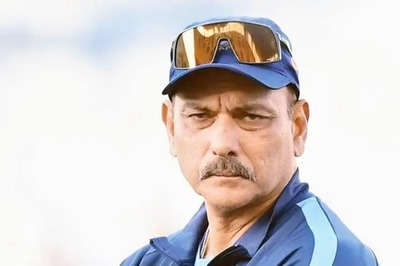
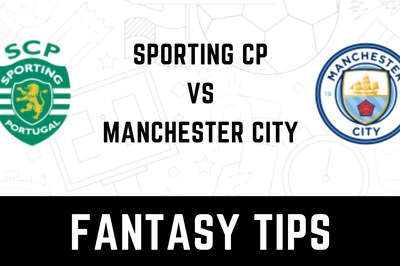


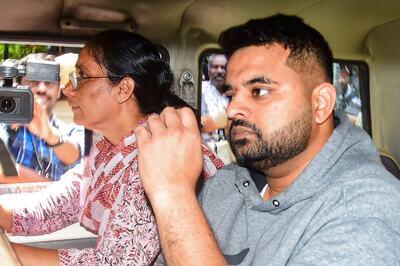


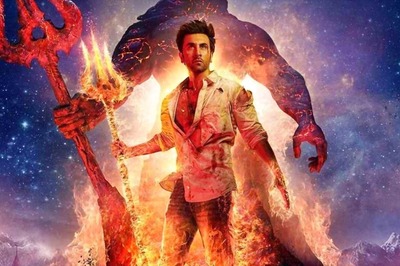


Comments
0 comment